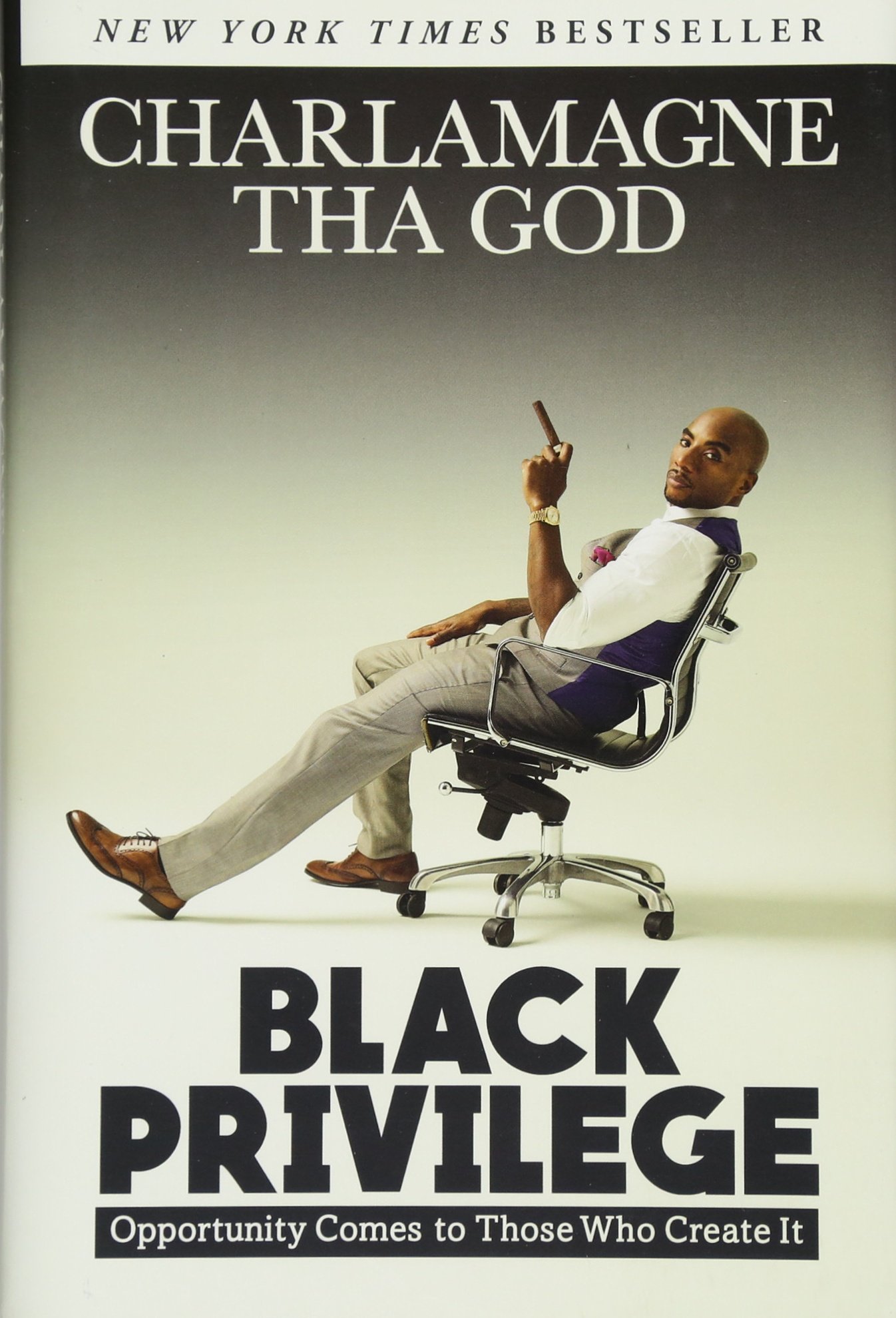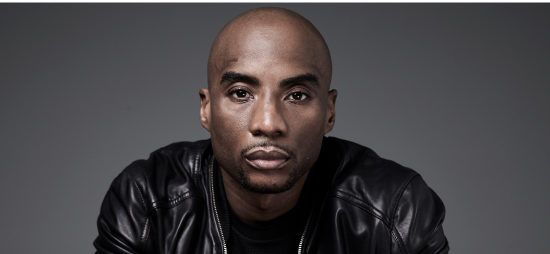With victims’ rights at the forefront of societal and cultural change, and the #metoo movement creating momentum for victim advocacy, the opportunity for victims to become empowered survivors is greater than ever before. Though, undoubtedly, a stigma continues to lurk around the topic of sexually based crimes, radically new approaches within popular culture continue to shift the paradigm. Through increased preventative education, sensitivity training for law enforcement and first responders, and overwhelming group support for those who have been affected by sex crimes, the conversation is louder than ever regarding sex crimes. From evaluating the way individuals interact within a sexual nature, to re-examining gender roles and stereotypes, various conversations continue to be brought to life, aiming to diminish sexual assault, rape, sex trafficking, and other sexually based crimes. The empowerment of victims, as a society, is a fundamentally positive stance, aimed at victims regaining their voices as powerful survivors.
However, as with all complexities of human nature, the exact opposite scenario must also be examined. What happens when someone is falsely accused of committing a sexually based crime? How quickly does society merely assume that the accused individual must be guilty? Will the general masses work effectively to polish the reputation tarnished when an accused individual has been proven innocent? Will they have to prove their innocence or their guilt? Will false accusations play a part in diminishing the power and truth of those who have sincerely been victimized? What role do existing gender stereotypes play? All of these questions remain remarkably pertinent within the present society and maintain an impossible complexity. With so many different factors at play, situations benefit from limited stereotyping, preconceived notions, and from being taken on a case-by-case basis.
Within today’s rapid-fire culture, this feat appears to be nearly impossible. News of potentially life-changing accusations hits the airwaves in real-time, often without much journalistic integrity. Without investigating any facts, and certainly without consideration for the potentially life-altering consequences, media outlets blast the newest accusations in rapid succession. Shortly thereafter, the Court of Public opinion weighs in behind their computer screens, littering the internet with potentially truthful insights, but equally, with extreme falsities. Before long, millions of people have already made up their minds beyond a “reasonable doubt”. However, sexual crime, as with all crime, is never that easy and warrants comprehensive investigation. Without a thorough and comprehensive investigation, there is a large societal risk in diminishing the reputation, career, and personal life of the accused, if found to be innocent. Below, we examine such a case and consider all aspects related to the very public case of Charlamagne Tha God.
 Lenard Larry McKelvey, better known publicly as Charlamagne Tha God, is an internationally known radio and television personality. Best known as the co-host of the nationally syndicated Breakfast Club radio show, as well as for his involvement in various television show, music-related shows and specials, and public appearances. Born in 1978 in South Carolina, McKelvey bore witness to crime, and was arrested for smaller offenses, before attending night school, and beginning his professional career as a radio host alongside Wendy Williams. Adopting the moniker of Charlamagne, he quickly gained a mass following, thanks to his unabashed interviewing techniques with rap and hip-hop stars. In 2010, Charlamagne began hosting the famous Breakfast Club radio show, alongside DJ Envy, and Angela Yee. Paired with a nationally broadcast television simulcast, the show became a household standard, and propelled Charlamagne’s career, allowing for many high-profile opportunities. With various stints on MTV and MTV2 programming, a co-hosting gig for MTV’s New Year’s Live, and even a best-selling book under his belt, Charlamagne Tha God is a staple within pop culture.
Lenard Larry McKelvey, better known publicly as Charlamagne Tha God, is an internationally known radio and television personality. Best known as the co-host of the nationally syndicated Breakfast Club radio show, as well as for his involvement in various television show, music-related shows and specials, and public appearances. Born in 1978 in South Carolina, McKelvey bore witness to crime, and was arrested for smaller offenses, before attending night school, and beginning his professional career as a radio host alongside Wendy Williams. Adopting the moniker of Charlamagne, he quickly gained a mass following, thanks to his unabashed interviewing techniques with rap and hip-hop stars. In 2010, Charlamagne began hosting the famous Breakfast Club radio show, alongside DJ Envy, and Angela Yee. Paired with a nationally broadcast television simulcast, the show became a household standard, and propelled Charlamagne’s career, allowing for many high-profile opportunities. With various stints on MTV and MTV2 programming, a co-hosting gig for MTV’s New Year’s Live, and even a best-selling book under his belt, Charlamagne Tha God is a staple within pop culture.
In July of 2001, at the age of 22, Charlamagne was detained after a warrant was issued for his arrest for the charge of criminal sexual conduct with a minor in the 2nd degree. At the time, a 15-year-old partygoer accused the entertainer of rape, citing an incident that occurred roughly a month prior to his arrest. According to Prosecutors for the case, the Berkeley County Sheriff’s Office was initially contacted by the accuser’s mother, who facilitated the first contact with authorities regarding this alleged incident. Upon reaching out to the Sheriff’s Office, the 15-year-old was taken to a local hospital, where a physical examination was performed and confirmed that a sexual encounter had taken place. Whilst at the hospital, the accuser provided a statement, citing Charlamagne as the perpetrator of the sexual assault.
As per the police report, it was noted that police were dispatched to investigate an alleged rape throughout the early morning hours of June 9, 2001. Upon arriving at the scene at the Short Stay Naval Recreation Center, officers came into contact with Jessica Reid, and another young female. Upon examination, the officers concluded that both females appeared to be heavily intoxicated, and were unable to pinpoint their location, nor their means of arrival at their current location. While Reid was visibly upset, her accomplice told officers that they were both given drinks, and picked up from a local residence, though they could not identify the location of said residence.
Reid’s friend recounted that she recalled being woken up by a man attempting to kiss her, and explained that she was able to fight off the man. She reported that she then looked around the room in which she became conscious, and witnessed Jessica Reid lying nude, reporting that she was raped. After an on-scene investigation, hospital examination, and subsequent statement in which Reid cited Charlamagne as her rapist, his arrest allowed for the case against him to proceed. However, throughout the duration of the case, Reid remained uncooperative with the Prosecution. It was noted, however, that Charlamagne remained cooperative with all authorities throughout the entirety of the investigation. Eventually, Prosecutors began to feel that a conviction without a cooperating witness was impossible, and Charlamagne pled guilty to a lesser charge. As a result of pleading guilty to contributing to the delinquency of a minor, he was sentenced to a duration of 3 years of probation, and the case was completely disposed of in 2002.
Charlamagne went on to thrive professionally, and personally, and enjoyed the fruits of his labor following this incident. However, more than a decade and a half after the original case took place, Jessica Reid has decided to very publicly bring the case back into the spotlight, once again fortifying her claim against Charlamagne. According to Reid, who is now an adult woman in her mid-thirties, she was discouraged from cooperating with Prosecutors by her mother throughout the initial proceedings, who wanted to “protect” her then-fifteen-year-old from the public nature of the case. Reid has recently claimed that she continues to lack closure as a result of the disposal of the case and has sought to have the case reopened. With the aid of an attorney, as well as the support of her mother, Reid has sought to bring the case forward to South Carolina’s legal system, as statutes of limitation do not exist in the state for cases of sexual assault.
labor following this incident. However, more than a decade and a half after the original case took place, Jessica Reid has decided to very publicly bring the case back into the spotlight, once again fortifying her claim against Charlamagne. According to Reid, who is now an adult woman in her mid-thirties, she was discouraged from cooperating with Prosecutors by her mother throughout the initial proceedings, who wanted to “protect” her then-fifteen-year-old from the public nature of the case. Reid has recently claimed that she continues to lack closure as a result of the disposal of the case and has sought to have the case reopened. With the aid of an attorney, as well as the support of her mother, Reid has sought to bring the case forward to South Carolina’s legal system, as statutes of limitation do not exist in the state for cases of sexual assault.
In the final chapter of this case for Charlamagne, the entertainer was officially cleared of the charge, and as of late July 2018, the case was dropped. The South Carolina Law Enforcement Division released statements, and paperwork, officially clearing Charlamagne’s name, as his DNA was not present on any swabs originally collected via rape kit, immediately following the alleged assault in 2001. Cooperative fully with the investigation from the beginning, Charlamagne voluntarily provided his DNA for comparison to the swabs collected from Ms. Reid, and has since publicly maintained his innocence. With the newly revived ordeal taking place throughout the span of mere weeks, would it be safe to assume that things went back to normal for Charlamagne upon the declaration of his innocence? Could it be said that he was considered “innocent until proven guilty” in the eyes of the general public and within the court of public opinion?
After appearing in a highly publicized interview on the Star In The Morning show, Ms. Reid recounted the alleged incident in question, and publicly cited Charlamagne once again as the perpetrator of the alleged assault. She went on to discredit his character, and to make several claims against Charlamagne. Almost instantly, several major media outlets picked up on the story. As is the norm, without much consideration to the validity of the conversation at hand, they spread the word like wildfire. Suddenly, under a red-hot radar once more, his previous words were scrutinized, and as someone who potentially fails to filter his thoughts every once in a while, his words were being utilized as a cornerstone of his perceived character. Quickly, petitions began to circulate, beckoning for the removal of Charlamagne from The Breakfast Club, his livelihood. Though he continuously maintained his innocence throughout the previous decade and a half and attempted some damage-control, there was no denying that his actions were from a place of defense. At that point, it was too late, and his public reputation suffered before facts could even become discernible.
According to an investigative piece written for Quartz, an estimated 2% to 10% of all reported rape allegations are false. While that number remains an estimate and accounts for a small percentage of allegations, it still needs to be examined. Though no one should be discouraged from reporting a crime, and victims’ allegations should never be taken lightly, this small percentage of false accusation does elicit a very real consequence for the individual accused of committing a crime that he, or she, did not commit. Since 1989, according to the National Registry of Exonerations, 52 cases that ended in prison sentencing were dismissed as a result of false sexual assault reporting. Though many of the false accusations are legally resolved prior to conviction, there are other punitive damages, irrevocable damages to public reputation, and psychological damages to consider.
What negative cultural effects can arise from falsely reporting sexual crimes? In today’s “rape culture”, many individuals who have experienced sexual assault debate coming forward with their stories, fearful that they will not be believed, or that they will be told they were “attention seeking”, “asking for it”, or otherwise deserving of scrutiny. Thus, with acts of false accusations appearing throughout mass media outlets, and false accusers garnering infamy and negative attention related to sexual assault, could their actions be creating a devastating effect for those truly experiencing the worst of humanity? Though false accusations of sexual crimes are rare, are they acting as a means of validating skepticism all across the board? These topics, intensely complex in nature, bear no easy answers and remain to shape the ever-changing culture of sexual crime.
In order to make sense of the psychology of individuals who falsely accuse others of sexual misconduct, several studies have been conducted, in an attempt to garner insight into the matter. According to Quartz, studies have shown that “one of the most common kinds of false accuser is a teenage girl who tells her parents she was raped to avoid getting in trouble.” While this scenario certainly doesn’t discredit the all too brutal reality that teenage girls do, in fact, experience real sexual crime, it does pinpoint some potential reasoning behind a young person’s decision to falsely claim sexual crimes. Furthermore, according to their findings, “two different studies have found that almost half of all false rape complaints are lodged by someone other than the alleged victim, usually a parent.”
Survivors of sexual crimes do not fit into a neat category. They identify with all genders, vary greatly in age, sexual orientation, and several other factors. Thus, it is nearly impossible to generate a generic profile of a survivor of sexual assault, as it can literally be anyone. However, throughout various studies, researchers were able to pinpoint various recurring characteristics throughout cases of false claims. It was discovered that many individuals who have falsely accused someone of sexual misconduct have a history of fabricating different topics, and more often than not, a criminal history. Additionally, it has also been discovered that many false accusers were previously sexually assaulted in their past.
As there are many significant patterns and characteristics related to those who have falsely accused another individual of sexual crimes, their motives for doing so also tend to fit within one of four commonly seen reasons. Though there are certainly exceptions to the generalities, these common reasons for false accusation include personal gain, revenge, mental illness, and the need for an alibi. Notably, these reasons encapsulate false accusers of both genders, as male individuals are also responsible for falsely accusing other individuals of sexual crimes. This notion may appear “impossible”, “unlikely”, or “extremely rare” to some, but that reaction is another social commentary altogether or related to the perceived “gender warfare” that frames rape culture.
Undoubtedly, sexual crimes change the lives of survivors in ways that are unimaginable to understand and result in PTSD, trauma, and vastly life-altering changes. Many victims of rape, assault, and other sexually based crimes, experience some degree of difficulty moving forward in life, and learning to trust sexual partners. The collective experiences of the men and women who have been affected by the worst acts of humanity, along with the pain and suffering of their loved ones, can never be discounted, diminished, or discredited.
Thus, through the changing shift in the culture around victim empowerment, these “victims” are receiving recognition, support, empathy, and the space needed to become strong “survivors”. As increasing numbers of survivors begin to publicly speak about their experiences, unabashedly showcasing their tenacity in not allowing their experiences to define their entire lives, a sliver of hope appears for future generations of individuals. As education, conversation, and focus continues to grow around consent, sexual boundaries, and respect within sexual encounters, this hope grows with the notion that perhaps future generations may experience declining rates of sexual violence.
Conversely, though, the exact opposite must continue to be examined, and the effects of today’s fast-paced global culture must be explored, as they pertain to sexual crimes. As fact-checking prior to publishing continues to fall out of favor for quick-service bloggers and news outlets, the damage of false reporting and false accusations must also be given credence. Though substantially rarer, these scenarios also create long-lasting, and sometimes irrevocable consequences for those falsely named as rapists, assaulters, and sexual criminals. In the case of Charlamagne Tha God, his experiences have undoubtedly shaped his future, and have created professional, and personal difficulties along the way. Insistent about his innocence from day one, his unwavering belief in honesty has allowed him to move forward in the face of adversity. With his own experience with a false accusation of sexual criminality behind him, he can now regain focus on his career, family, and the future.
Sexual crimes, and the culture surrounding criminality, ebb and flow with the times. Each case is extremely complex, geared by various factors, and difficult to speak to in a collective manner. One thing remains true, however. In all cases, sexual crimes have lasting effects on those they immediately affect, as well as families, loved ones, and others. Thus, they must be explored, understood, delved into, and given just consideration.
Follow Charlamagne tha God on Twitter and Instagram.
Up Next: Does Planet Nine Exist Beyond the Reach of Our Telescopes?






